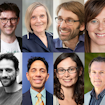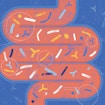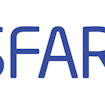
The Simons Foundation is now accepting applications from undergraduate students to participate in its Shenoy Undergraduate Research Fellowship in Neuroscience (SURFiN) program for the 2024–2025 academic year. The program’s goal is to spark and sustain interest in neuroscience among undergraduate students whose backgrounds and experiences are underrepresented in science. The paid fellowships will run from September 2024 through May 2025.








